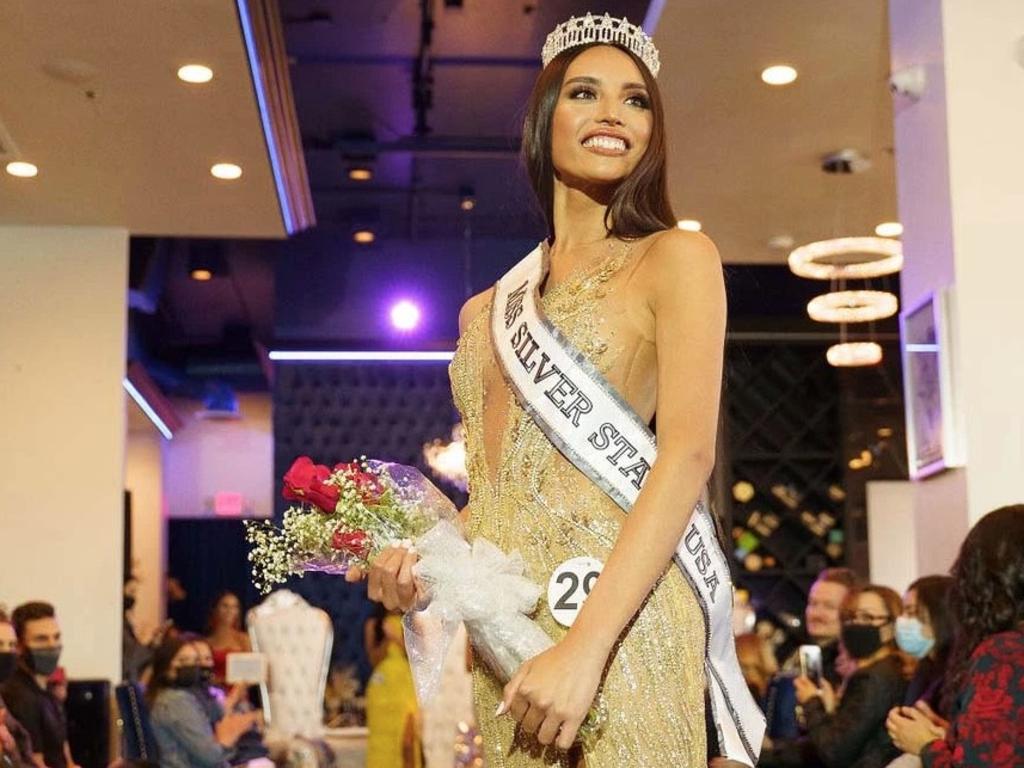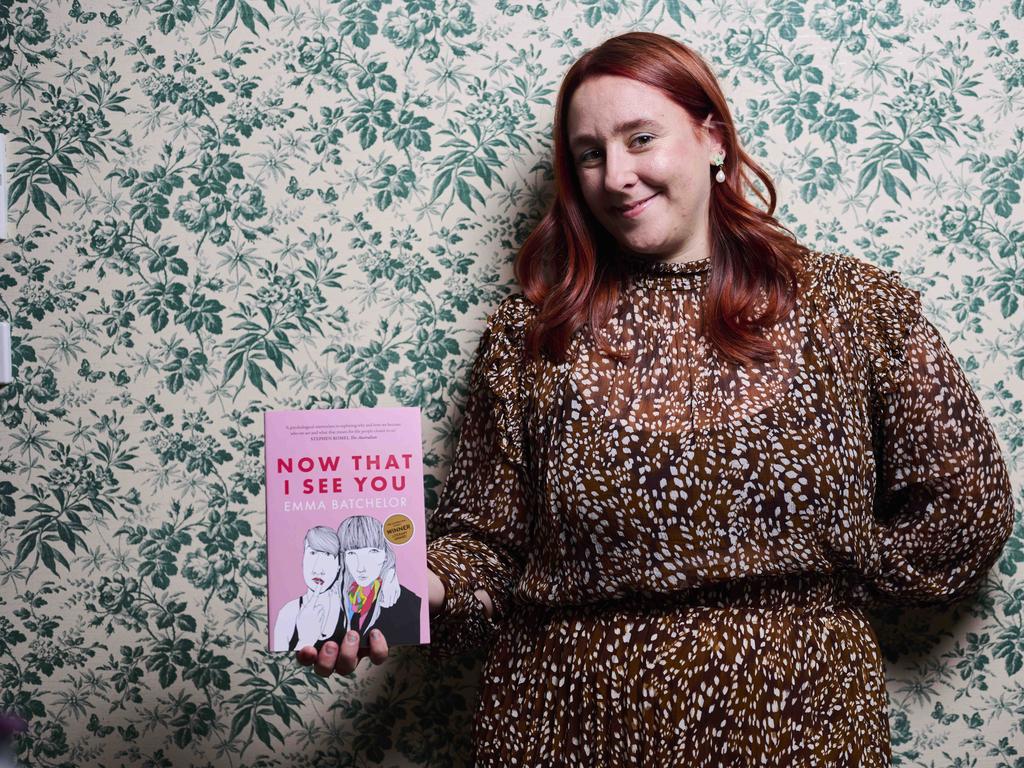Reality bites the trans agenda
A court ruling raises questions over transgender activism.

Late last year, I caught myself falling into a role as “commentator on transgender issues” in the same way I’d previously been “Brexit maven” for various outlets, including this newspaper.
I don’t want to write as much about trans issues as I did about Brexit. If you’re interested in intellectual history, constitutional law and parliamentary procedure, then Brexit was like Christmas morning. If you didn’t mind the possibility of the Houses of Parliament finishing up in geostationary orbit while Britain’s political parties evaporated in a fiery cataclysm, it was superb to cover.
If, however, you come to me in three years’ time and I’ve written a similar amount on “the transgender debate”, I’ll be far less sanguine.
It’s startling how much public discourse is being driven by trans activism and trans issues. Trans people are, after all, a small proportion of the population whose individual cases are riddled with complexities. And yet, we are currently being offered striking and simplistic narratives that must be upheld if one is to be considered among the morally meritorious. To drive the point home, transactivists often argue they’re preventing suicides.
Last month, British tax policy specialist Maya Forstater won her appeal against an employment tribunal decision that had held, extraordinarily, her view that people cannot change sex, and more to the point that there are only two sexes, “was unworthy of respect in a democratic society”. As part of this process, the three-judge appellate body was forced to elucidate – in careful detail – how the legislation Forstater allegedly transgressed states that beliefs unworthy of respect in a democratic society are things like Nazism, communism, Islamism, or other, unnamed, forms of totalitarianism. The characteristic these share – once again, patiently explained, as though the judges were talking to a not quite bright child – is a desire to overthrow or abrogate the sometimes tedious and fraught but nonetheless peaceful process of elections, constituencies and parliaments.
Coterminous with the Forstater case – albeit occurring over several months rather than a week, and still ongoing — was the slow-motion trainwreck of Stonewall, Britain’s leading LGBT+ charity.
After it won its last major battle for gay, lesbian, and bisexual rights – same-sex marriage enacted into law in 2014 – Stonewall turned its attention to trans rights. First slowly, then quickly, its historic focus on the “LGB” component of what comedian Dave Chappelle calls “the alphabet people” fell away and, in the process, it developed a bad case of St George-in-retirement-syndrome. Having slain the dragon of homosexual legal inequality, it took on ever smaller dragons, then snakes, then lizards, before turning up, broadsword in hand, to attack former London mayor Ken Livingstone’s pet newt (Livingstone is a newt fancier).
Various things flowed from this. First, disgruntled gays, lesbians, and bisexuals decamped to form the LGB Alliance, a rival charity whose raison d’etre is the claim that LGB rights and T rights are in tension and sometimes direct conflict. The two bodies are now warring with each other in court. Stonewall was and is the aggressor in this (an attempt to revoke the LGB Alliance’s charitable status), and far richer than its newer opponent. It’s become fat on the proceeds of its “Stonewall Diversity Champions” scheme, whereby government, corporate, and third-sector organisations pay it large bungs of money to assist compliance with the 2010 Equality Act. Starting at a mere snip – £2500 a year – the rivers of gold flowing into its coffers began to dry up after it provided dud legal advice to Essex University, leaving administrators and academics with egg on their faces and potentially expensive litigation on their hands. “The policy states the law as Stonewall would prefer it to be,” the university’s brief noted dryly, “rather than the law as it is.”
This came to the attention of Britain’s Equality and Human Rights Commission, the quango tasked with official carriage of the Equality Act. The EHRC divested itself from Stonewall and its costly scheme. Given the EHRC is widely admired on both sides of the political aisle, its departure fomented a rout. Government departments, law firms, police forces, companies and NGOs followed the quango out the door. Stonewall, it seems, can no longer remember why it is here.
There is no third sex
Trans issues in the public sphere provide an excellent example of what happens when people gain social status from prestige narratives. And, if Professor Kathleen Stock OBE, philosophy academic and author of Material Girls: Why Reality Matters for Feminism, is right, the stories trans activists tell each other and expect the rest of us to believe are fictions, albeit of a particular kind.
Material Girls was published last month to immense fanfare (and controversy) and, while it is broadly feminist in outlook, Stock’s feminism is disciplined and thoughtful. She is the first feminist advocate I’ve encountered even to entertain the possibility that stereotypically gendered behaviour has biological origins. She also acknowledges the extent to which the transgender mess has roots in feminism’s historical tendency to make political claims unmoored from scientific or statistical facts. The most egregious is an attempt to argue that ovaries and breasts are incidental to being a woman. This argument was a product of career-oriented feminism – still the most publicly popular variety – that sought to decouple womanhood from biological femaleness with a view to prising labour markets open. Transactivists have seized on this and are now making the claim that ovaries and breasts are irrelevant to being a woman: female is a feeling.
Stock is thus forced to reteach HSC biology. So much cod science has pullulated around the trans debate – something the appellate tribunal observed with irritation in the Forstater matter, joining the High Court last year in Bell v Tavistock and Portman NHS Trust – lawyers have started complaining. In Bell, the court held that young people (under 16) could not consent to treatment with puberty blockers or cross-sex hormones. As part of that ruling, it described such medications as “experimental”, observing that “one of the issues raised in these proceedings is the non-existent or poor evidence base, as it is said to be, for the efficacy of such treatment for children and young persons with gender dysphoria”.
If your body is structured to produce sperm, you are male, regardless of whether any viable gametes are produced. If your body is structured to produce eggs, you are female, also regardless of whether any viable gametes are produced. Sex is defined by reproductive function. If there are only two types of gametes, then there is no third sex, and sex is binary.
This evolutionary reality has consequences. Women are more vulnerable than men not only because they experience greater reproductive risks, particularly in childbirth, but because men are on average about 7 per cent taller and 13 per cent larger. Women on average have only 66 per cent of male lower body strength and 52 per cent of male upper body strength. Yes, of course, there are exceptions in statistical tails: I am one. I spent years being told to spar men in karate dojos (I have a Shotokan Shodan) because I’m 185cm tall and weigh 90kg. However, while I was almost inevitably the biggest woman at training, there were always bigger men. The current fashion for depicting equal male and female contact-fighting capacity in films is the work of creators who don’t understand why boxing has weight divisions.
Suicide and porn
Of note is Stock’s sensitive account of those with Disorders of Sexual Development (DSDs), the contemporary term for “intersex”. While sex is binary, the manifestations of sex’s binary nature are complicated. I once had a client with Ovotesticular Disorder: in layman’s terms, this unfortunate individual was born with one testicle and one ovary. In homo sapiens, as mammals, there are characteristics typical of male body structure and characteristics typical of female body structure. If you have some characteristics from both sets, you are intersex. However, as Stock observes, the existence of these two sets of sex-typical biological characteristics admits the possibility of being intersex and allows identification as such. If there were no differences between male and female bodies, there would be no need for “transition”.
It is also fair to say that transactivists wear intersex people as a beard: most trans people do not have DSDs, and for those committed to “self-identification”, the presence or absence of a DSD is irrelevant. Lawyers often point out that “hard cases make bad law,” and Stock’s intersex discussion is a reminder for policymakers not to make biological edge cases the basis for legislation. This approach often stymies attempts to treat those with intersex conditions.
Relatedly, the argument that transgender people are likely to commit suicide if they are not “affirmed” is statistically tenuous. When prodded, the data look distinctly dodgy. Some analyses don’t relate to trans people, others draw on non-random samples, while others fail to take account of annual fluctuations in suicide rates.
Stock makes one contestable claim: that “objectification” of women not only exists (probably true) but that it has a correlative relationship with – or even causal effect on – the way both men and women behave, including the type of pornography each sex prefers, and on autogynephilia, a psychiatric condition where men are sexually attracted to a female fantasy of themselves.
Objectification of women formed part of longstanding debates about the extent (if any) to which pornography facilitates or encourages rape, or whether violent “first person” video games produce school shooters. As evidence currently stands, Stock’s argument is probably false. If anything, the consumption of pornography and the playing of violent video games are correlated with reduced rates of violent crime, although disaggregating all the independent variables when it comes to working out why some people commit crimes and others don’t is genuinely hard.
However, objectification aside, Material Girls is trenchant, accurate and self-aware. The chapter on the weapons-grade hooey taught in universities alone is worth the cover price, if only because Stock puts Professor Judith Butler’s argument that language creates biological reality rather than describing it more clearly and sympathetically than Butler ever did.
Pseudoscience
Butler is the most influential “queer theorist”, and she genuinely believes language constructs physical reality. When I first encountered her claim that there is nothing underneath or before language to secure reference to anything outside it, I thought she was having a laugh. The intelligible bits of Gender Trouble are often funny, although Butler also asserts that biology is a “medico-legal alliance emerging in 19th-century Europe [that] has spawned categorical fictions that could not be anticipated in advance”.
At one point, I suggested in a university tutorial that women were not stoned for adultery or deprived of contractual capacity because of a system of categorisation developed in the 19th century. Rather, this was commonplace throughout human history, so much so, when one encounters a legal system where subordination of women isn’t pervasive (Roman law in the Late Republic and Early Empire, for example), it complicates one’s approach to the society producing such “modern” or “progressive” legislation. After all, the Romans are not exactly noted for being kindly, humane, or peaceable.
This saw me sent off with a flea in my ear. I decided discretion was the better part of valour and commenced sitting exams on and writing papers about this crap while high as a kite, something that did not go unnoticed. This suggests another problem with Butler’s “gender as performance”: to wit, its lack of rigour. It should not be possible to ace your exams when stoned, not even for a bright student. Latin wasn’t like that. Nor was law. Nor were finance maths and trust accounting. I had to study and keep a clear head to do well in those.
And yet, entire university degrees are predicated on these varied forms of nonsense being true: that there are more than two sexes, that biology is linguistically constructed, and that gender is wholly performative. Mantras (trans women are women is likely the most famous) are bandied about in much the same way a devout Christian runs a Bible study class founded on the truth of Christ’s resurrection, or a Muslim tour guide, standing outside the Al-Aqsa Mosque in Jerusalem, will point to the spot on the city’s battlements where Muhammad ascended to heaven on a winged horse. The closest analogy, for sheer pseudoscience, is with Young Earth Creationism.
‘Legal fictions’
Since it isn’t possible to change sex, what are we to make of legislation that appears to make it possible, right down to the emendation of identifying documents like driver’s licences, birth certificates and passports? Here, Stock borrows the concept of “legal fictions” from my profession. Legal fictions are all around us: probably the most significant is the modern limited liability corporation. Companies have legal personhood. They can sue and be sued, ownership and management are separate, and they are owned by their shareholders. While they are treated as if they were a person, no one pretends they have arms or legs or feelings, whence the old lawyers’ saw that a corporation has no conscience.
This means while legislation – like the UK’s Gender Recognition Act, enacted in 2004 to show trans people have satisfied the medical criteria for legal recognition of their preferred gender – may provide that, “for all purposes” a person becomes “the acquired gender”, there are always statutory carve-outs. As the appellate tribunal in Forstater held, a legal fiction of “acquired gender” cannot “affect the status of that person as the father or mother of a child”. Significantly, “there is nothing in the Act that requires a person acting in any private capacity to refer to a person’s acquired gender or to refrain from referring to a person’s gender before it became the acquired gender”. In other words, the concept of “deadnaming” is for the birds.
At one point, Stock asks readers how we got here, but I think the problem runs deeper. We have forgotten things about the world and our relationship to it, things everyone knew until about 1990. We’ve forgotten that a university education is about facts, not politics or activism. We’ve forgotten that nature and biology are constraints and not infinitely malleable. Just as we can’t dial the sun up or down (if we could, fixing climate change would be a snap), we cannot make something out of nothing, or turn men into women. I used to work for a senator, and one of my abiding memories is how Senate estimates could be so hamstrung by detail its overarching purpose (accountability and budget scrutiny) was forgotten.
Perhaps, then, the issue is remembering why we’re here.
Helen Dale won the Miles Franklin Award for her first novel, The Hand that Signed the Paper, and read law at Oxford. She lives in London.







To join the conversation, please log in. Don't have an account? Register
Join the conversation, you are commenting as Logout